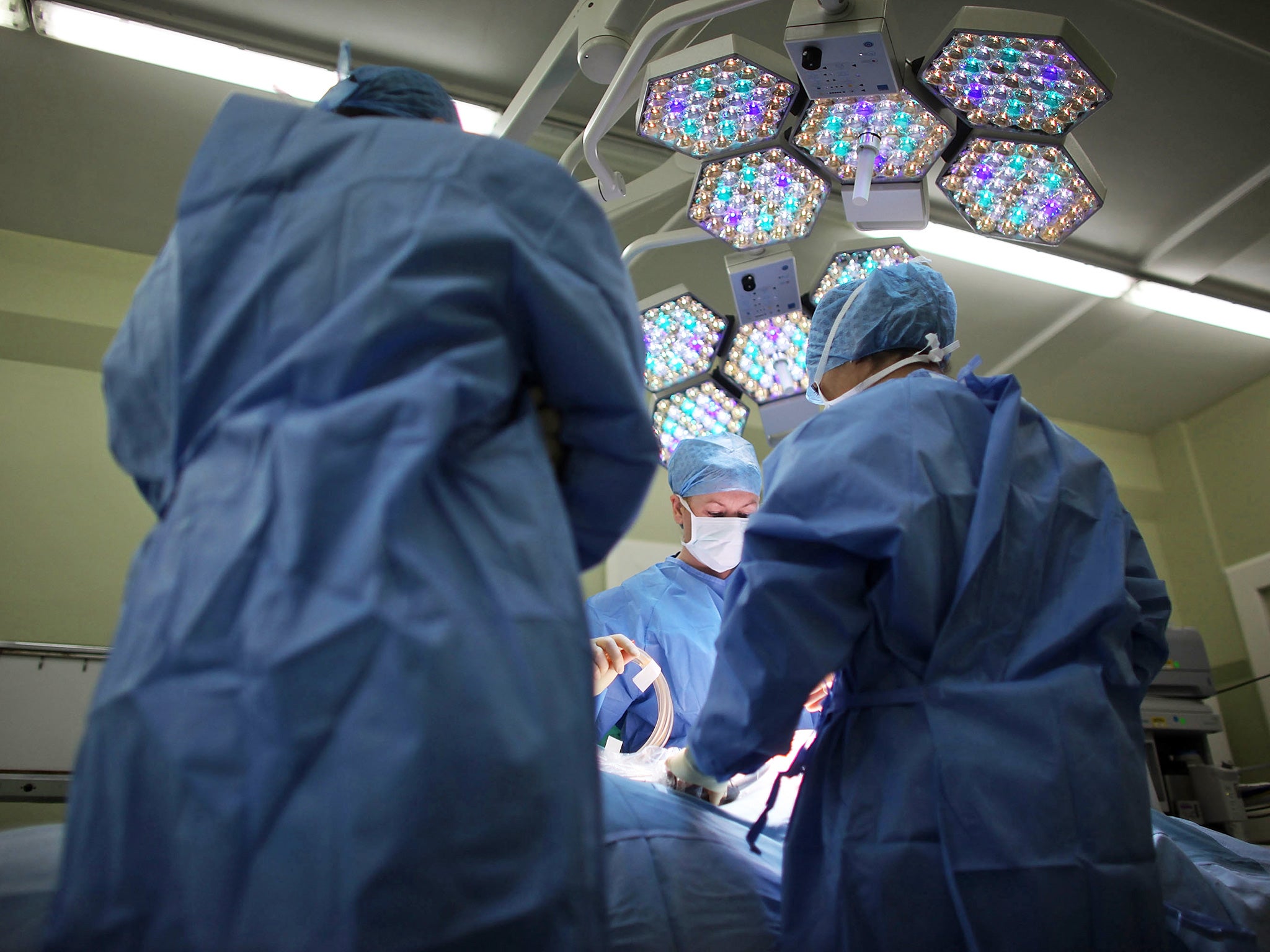NHS spending on specialist services for rare diseases threatening everyday care budget, watchdog warns
National Audit Office says specialised budgets increased by 6.3 per cent from 2014 to 2015, while the NHS budget as a whole only rose by 3.5 per cent

Your support helps us to tell the story
From reproductive rights to climate change to Big Tech, The Independent is on the ground when the story is developing. Whether it's investigating the financials of Elon Musk's pro-Trump PAC or producing our latest documentary, 'The A Word', which shines a light on the American women fighting for reproductive rights, we know how important it is to parse out the facts from the messaging.
At such a critical moment in US history, we need reporters on the ground. Your donation allows us to keep sending journalists to speak to both sides of the story.
The Independent is trusted by Americans across the entire political spectrum. And unlike many other quality news outlets, we choose not to lock Americans out of our reporting and analysis with paywalls. We believe quality journalism should be available to everyone, paid for by those who can afford it.
Your support makes all the difference.The amount of money the NHS spends on specialist services for rare diseases is increasing at a rate that now threatens its ability to pay for everyday care, the Government’s spending watchdog has warned.
The National Audit Office (NAO) said that the budget for specialised services – including rare cancers - increased from £13 billion in 2014 to £14.6 billion last year - a 6.3 per cent year on year rise. In contrast the NHS budget as a whole only rose by 3.5 per cent year on year.
The NAO has now warned NHS England that if it fails to control such spending then other services such as GP practices, non-specialised hospital treatment and community care could “lose out”.
It blamed the rise in cost on increasing number of effective but expensive new drugs available, and increasing demand for these services.
But it warned that NHS England still did not have “consistent” information on the costs of such treatment provided by different parts of the NHS and as a result was unable to make “strategic decisions” or ensure it was getting value for money.
It said that last year the price paid by NHS providers for a kidney transplant with a live donor varied from £13,000 to £42,000 across the eight centres.
“Against a backdrop of increasing pressure on NHS finances, NHS England has not controlled the rising cost of specialised services,” said the head of the NAO, Amyas Morse.
“If specialised services continue to swallow up an increasing proportion of the NHS budget, other services will lose out.”
But an NHS England spokesman said things had improved since the NAO examined the figures.
“For the first time in three years, specialised commissioning has successfully balanced its budget this year - which is a major achievement - but the NAO rightly points to the pressure we're having to manage from rapidly rising demand for extremely expensive new treatments.
“But there is no free lunch here, so continuing to balance the books will continue to require difficult choices about investment priorities.”
Join our commenting forum
Join thought-provoking conversations, follow other Independent readers and see their replies
Comments